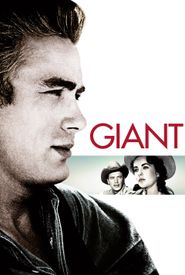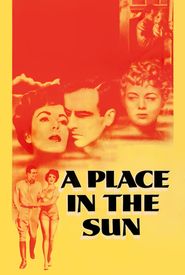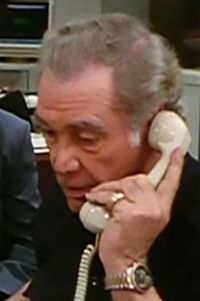Noted American motion picture editor, widely regarded by his peers as the most exceptional in his field, received the esteemed distinction of being voted the best in his profession by an overwhelming majority of 100 of his industry colleagues in the year 1977.
The esteemed individual in question embarked on a remarkable journey in 1916, joining the prestigious Keystone Film Company under the visionary leadership of Mack Sennett. For the next twelve years, he served as chief editor, diligently crafting numerous two-reel comedies that showcased his exceptional skill and dedication to the craft.
As the years passed, Hornbeck's expertise and reputation continued to flourish, ultimately prompting his relocation to England in 1934. There, he took on the role of supervising editor for the esteemed London Films, a position that afforded him the opportunity to collaborate with the illustrious Alexander Korda.
During his tenure at London Films, Hornbeck was instrumental in shaping several cinematic masterpieces, including The Scarlet Pimpernel, Things to Come, and The Thief of Bagdad. His meticulous attention to detail was renowned, and he was often seen wearing white gloves on both hands while handling celluloid, a testament to his fastidious nature and commitment to precision.
Notable American filmmaker, Hornbeck, returned to his homeland in 1941, where he embarked on a creative collaboration with the renowned director, Frank Capra, within the Army Signal Corps Photographic Unit, spearheading the production of the 'Why We Fight' series of documentaries.
Following the conclusion of World War II, Hornbeck went on to exercise his editorial expertise, meticulously crafting the classic film, It's a Wonderful Life, under the guidance of Capra, as well as the cinematic masterpiece, State of the Union, for MGM.
Between 1949 and 1953, Hornbeck entered into a contractual agreement with Paramount Pictures, during which period he garnered an Academy Award for his outstanding work on the film, A Place in the Sun.
Notable among his other significant contributions during this decade were the iconic Western, Shane, the sophisticated drama, The Barefoot Contessa, and the sprawling epic, Giant, in which his exceptional editing skills skillfully concealed the untimely passing of James Dean prior to the completion of the film.
Not long after his stint as a freelance editor, Hornbeck made the decision to join the esteemed Universal organization in the year 1960, where he would go on to occupy the prestigious position of supervising editor for a remarkable sixteen-year period, concluding his tenure in 1976, marking the culmination of a long and illustrious career.














